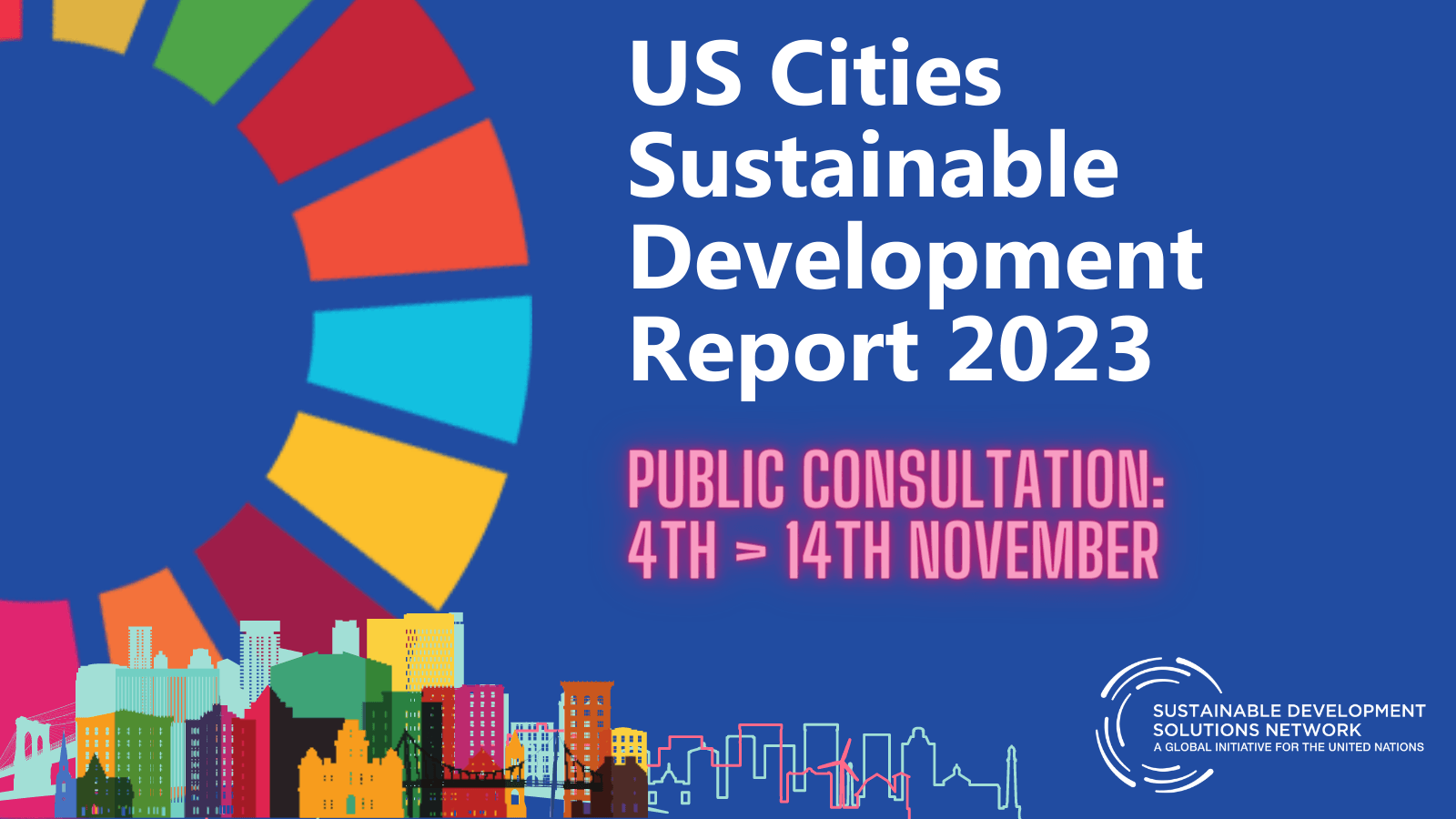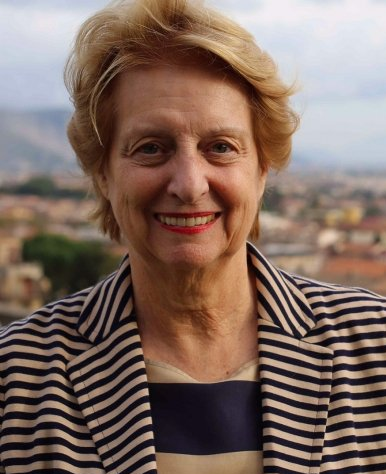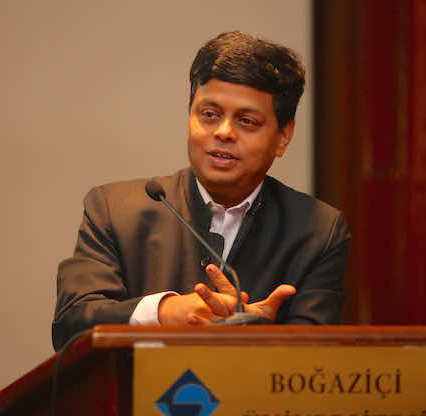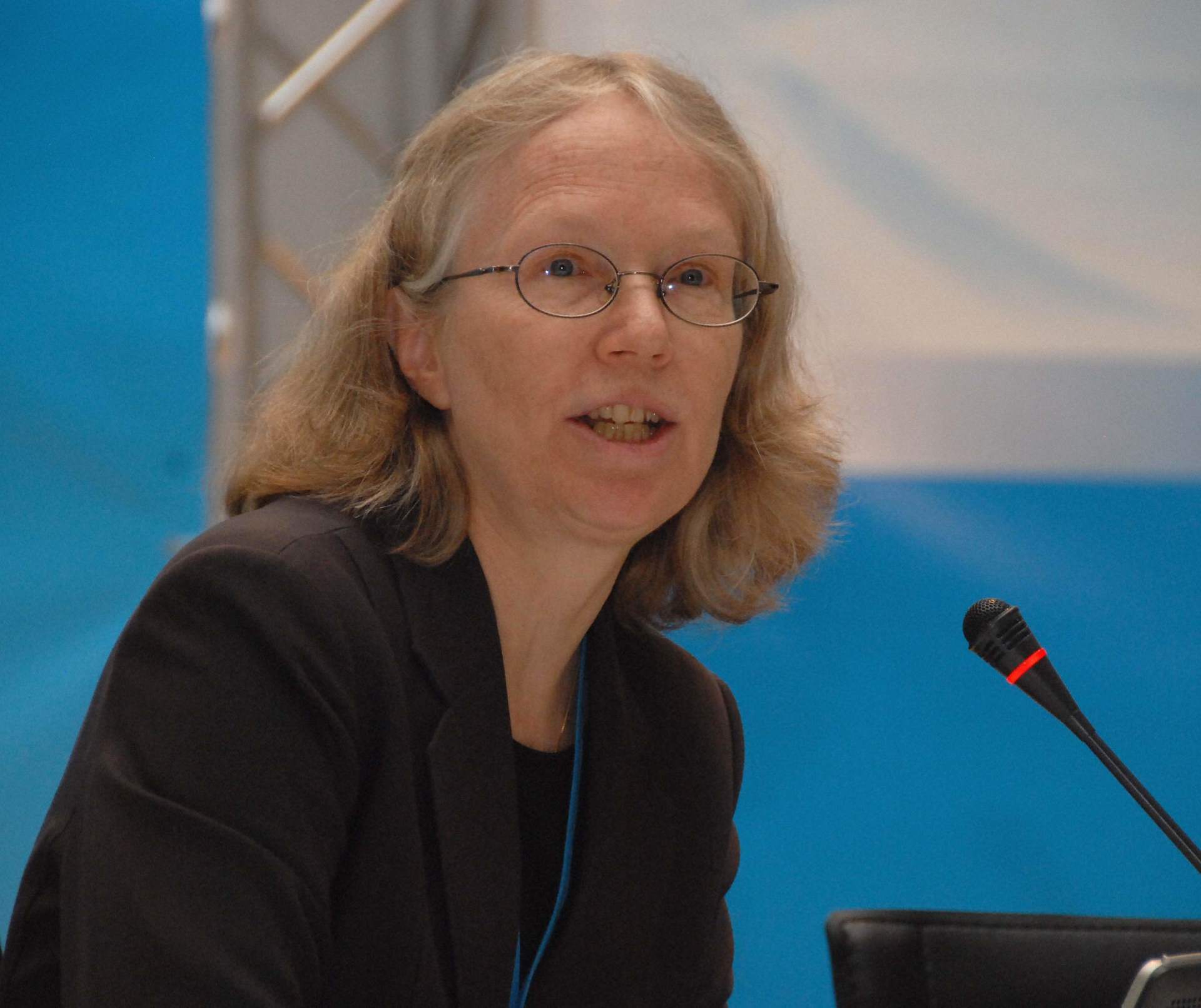SUSTAINABLE CITIES: INCLUSIVE, RESILIENT AND CONNECTED
SUSTAINABLE CITIES: INCLUSIVE, RESILIENT AND CONNECTED
SUSTAINABLE CITIES: INCLUSIVE, RESILIENT AND CONNECTED
This Thematic Network seeks to identify practical solutions for improving urban management. In 2013, the network initiated the Campaign for an Urban Sustainable Development Goal, which was crucial for the inclusion of Goal 11 in the SDGs. Since 2015, the Network has been working alongside SDSN's regional and national networks, and other thematic groups, to support the implementation of the SDGs in cities. Network members are also very active supporting the implementation of the Paris Climate Agreement as members of IPCC.
In June 2023, SDSN partnered with The Penn Institute for Urban Research (Penn IUR) to produce a Global Commission for Urban SDG Finance. The Commission, which is co-chaired by Jeffrey Sachs, President of SDSN; Anne Hidalgo, Mayor of Paris, France; and Eduardo Paes, Mayor of Rio de Janeiro, Brazil, is composed of 20-25 mayors, finance and urban experts, and scholars to address the critical situation of urban Sustainable Development Goals (SDG) Finance. For more information on the Commission and updates on their work, visit here.
The network is hosted by the SDSN Secretariat with support from the Indian Institute for Human Settlement (IIHS) in Bangalore, India.
The battle for sustainable development will be won or lost in cities.
Eugenie Birch, Co-Chair of the SDSN Cities Network and Professor at the University of Pennsylvania, attributing this line to Ban Ki-moon, Secretary-General of the United Nations from 2007-2016
OUR VISION
Urbanization will be a defining development trend over the next several decades, with the dynamism of cities representing a major sustainable development opportunity. Today, 50 percent of the world’s 7 billion people live in cities, and, by 2050, this will rise to 70 percent. Cities are home to extreme deprivation and environmental degradation with one billion people living in slums. At the same time, roughly 75 percent of global economic activity is urban, and, as the urban population grows, so will the urban share of global GDP and investments. SDG 11 focuses on cities and human settlements, but all other SDGs will also need to be met in the world’s cities.
-
Global Commission for Urban SDG Finance
In June 2023, the SDSN partnered with the Penn Institute for Urban Research at the University of Pennsylvania to establish a Global Commission for Urban SDG Finance.
The Commission, co-chaired by SDSN President, Jeffrey Sachs; Anne Hidalgo, Mayor of Paris, France; and Eduardo Paes, Mayor of Rio de Janeiro, Brazil, is comprised of over 20 mayors, finance and urban experts, and scholars to analyze barriers to urban SDG finance, evaluate existing proposals to improve access to urban finance, and develop new strategies and mechanisms to better align the Global Financial Architecture (GFA) with urban needs. The Commission will deliver several outputs in late 2023 and early 2024 to shape the global discussion on urban SDG finance at the international level.
Learn more here.
-
USA Sustainable Cities Initiative (USA-SCI)
From 2014-2017, the USA Sustainable Cities Initiative (USA-SCI) supported SDG achievement strategies in three US cities by building on ongoing municipal sustainable development planning efforts. New York (New York), Baltimore (Maryland), and San José (California) are global pioneers – the first to develop SDG-based city-level development strategies that have served as models for cities worldwide.
City-university collaboration is an integral part of achieving SDGs in American cities in the long term. In the first phase of the USA-SCI, SDSN collaborated with leading academic institutions – including Columbia University, University of Baltimore, University of Maryland, San Jose State University, and Stanford University – to support the technical process of developing long-term SDG-based strategies in each city.
The project included:
- Inclusive dialogues, across communities, on the relevance of the SDG process and how SDGs can be made responsive to city-level development challenges and opportunities
- The articulation of clear and compelling goals, specific to the city, yet aligned with the global SDGs, covering poverty, jobs, security, education, health, housing, infrastructure, low-carbon energy and environmental protection
- Exercises into how to operationalize the goals, through carefully developed targets and indicators
- Identification of good practices and encouragement of their scale-up
- An “SDG recommendations report” for two pilot cities, outlining how the city’s sustainability efforts align with the SDGs, and offering next steps for achievement. Reports for Baltimore and San Jose were completed in December 2016
- A chapter on the design process behind the OneNYC sustainability plan and how that aligned with Agenda 2030 – to be published in the forthcoming book entitled Smart(er) NYC (Columbia University Press, 2017).
Efforts in the three cities have served to demonstrate what is possible with localizing the SDGs. Many tools and resources developed through this partnership can be used as models in other cities that wish to join the SDG effort. See below for examples and a template of SDG mapping in each city.
-
Local Data Action Initiative
The Local Data Action Solutions Initiative (LDA-SI) is a crossover project between SDSN's USA-Sustainable Cities Initiative (USA-SCI) and TReNDS. It aims to create a library of case studies and technical knowledge documenting how to engage with and monitor the SDGs at city and regional levels. Knowledge is curated in consultation with city staff, technical partners, and other stakeholders. There are four focus themes:
- Indicator Localization: What functional and feasible sub-national data indicators can promote SDG action and achievement?
- Data Platforms: Identifying data dashboard models to provide granular data on SDG or SDG-aligned indicators.
- Third-Party Data: Filling sub-national data system gaps with third-party data, such as citizen-generated or telecommunications data.
- National-Local Data Integration: What are methods for aligning and integrating national and sub-national SDG reporting systems?
-
Rio Sustainable Cities Initiative
The Rio Sustainable Cities Initiative recognizes that comprehensive sustainable urban development necessitates local and national cooperation. Holistic planning cannot be confined to local boundaries. This is particularly important as cities strive to achieve the urban sustainable development goal (SDG 11), to make cities and human settlements inclusive, safe, resilient and sustainable.
Launched by SDSN Brazil and GIZ, the Solution Initiative “Sustainable Development of Metropolitan Regions”, aims to work with key stakeholders across the Rio de Janeiro Metropolitan Area (RJMA) and other metropolitan regions throughout Brazil, to examine possible solutions for local implementation of the SDGs, through inclusive dialogue, establishing metropolitan cooperation structures, and supporting contextualized monitoring of the SDGs.
The goal is to translate the global SDGs in local action, clearly demonstrating the process of localizing the SDGs, aligning the monitoring and review framework to local structures, as well as systematizing local findings in a comparative framework.
The Solutions Initiative has helped to spark an important discussion in Brazil between different levels of government on how to achieve sustainable development. These discussions have explored metropolitan governance structures (both formal and informal) as a fundamental base for SDG implementation, and the localization of SDG monitoring in metropolitan regions, focusing on how to institutionalize the SDGs into existing planning frameworks, the role of civil society in monitoring, and the use of data and indices to monitor progress towards the SDGs.
Results of the Solutions Initiative are being recorded in a manual, being developed in partnership with Casa Fluminense, a local Rio-based NGO. The manual aims to use the Rio de Janeiro Metropolitan Area as a practical example to illustrate how the process of local SDG contextualization, data gathering, and monitoring can be systematized. The Solutions Initiative aims to serve as inspiration to other metropolitan regions throughout Latin America and the world facing similar problems, by disseminating lessons learned from the Brazilian context.
-
Members
Network Co-Chairs:
- Eugénie L. Birch, University of Pennsylvania, USA
- Aromar Revi, Indian Institute for Human Settlement (IIHS), India
- Cynthia Rosenzweig, NASA Goddard Institute, USA
Members
- Tania Araujo-Jorge, Instituto Oswaldo Cruz, Brazil
- Frances Beinecke, Natural Resources Defense Council (NRDC), USA
- Somsook Boonyabancha, Asian Coalition for Housing Rights (ACHR), Thailand
- William (Billy) Cobbett, Cities Alliance, Belgium
- Edoardo Croci, Research Director, IEFE, Bocconi University, Italy
- Martha Delgado, Global Cities Covenant on Climate, Mexico
- Shobhakar Dhakal, Asian Institute of Technology, Thailand
- Peter Head, The Ecological Sequestration Trust, England
- Vijay Jagannathan, World Resources Institute, USA
- Israel Klabin, Brazilian Foundation for Sustainable Development (FBDS), Rio de Janeiro, Brazil
- Shagun Mehrotra, The New School, USA
- Claude Nahon, EDF Group, France
- Martin Oteng-Ababio, University of Ghana, Ghana
- Steward Pickett, Cary Institute of Ecosystem Studies, Millbrook, USA
- Edgar Pieterse, University of Cape Town, South Africa
- Debra Roberts, Ethekwini Municipality, South Africa
- Josep Roig, United Cities and Local Governments (UCLG), Spain
- Jonathan F.P. Rose, Jonathan Rose Companies, USA
- Mark Roseland, Simon Fraser University, Canada
- David Satterthwaite, International Institute for Environment and Development (IIED), UK
- Bill Solecki, Hunter College CUNY, USA
- John Thwaites, Monash University, Australia
- Rafael Tuts, UN-Habitat, Kenya
- Elaine Weidman-Grunewald, Ericsson, Sweden
- Zhiqiang Wu, Tongji University, China
-
Contact
For more information on this group, please contact info@unsdsn.org.
RECENT WORK

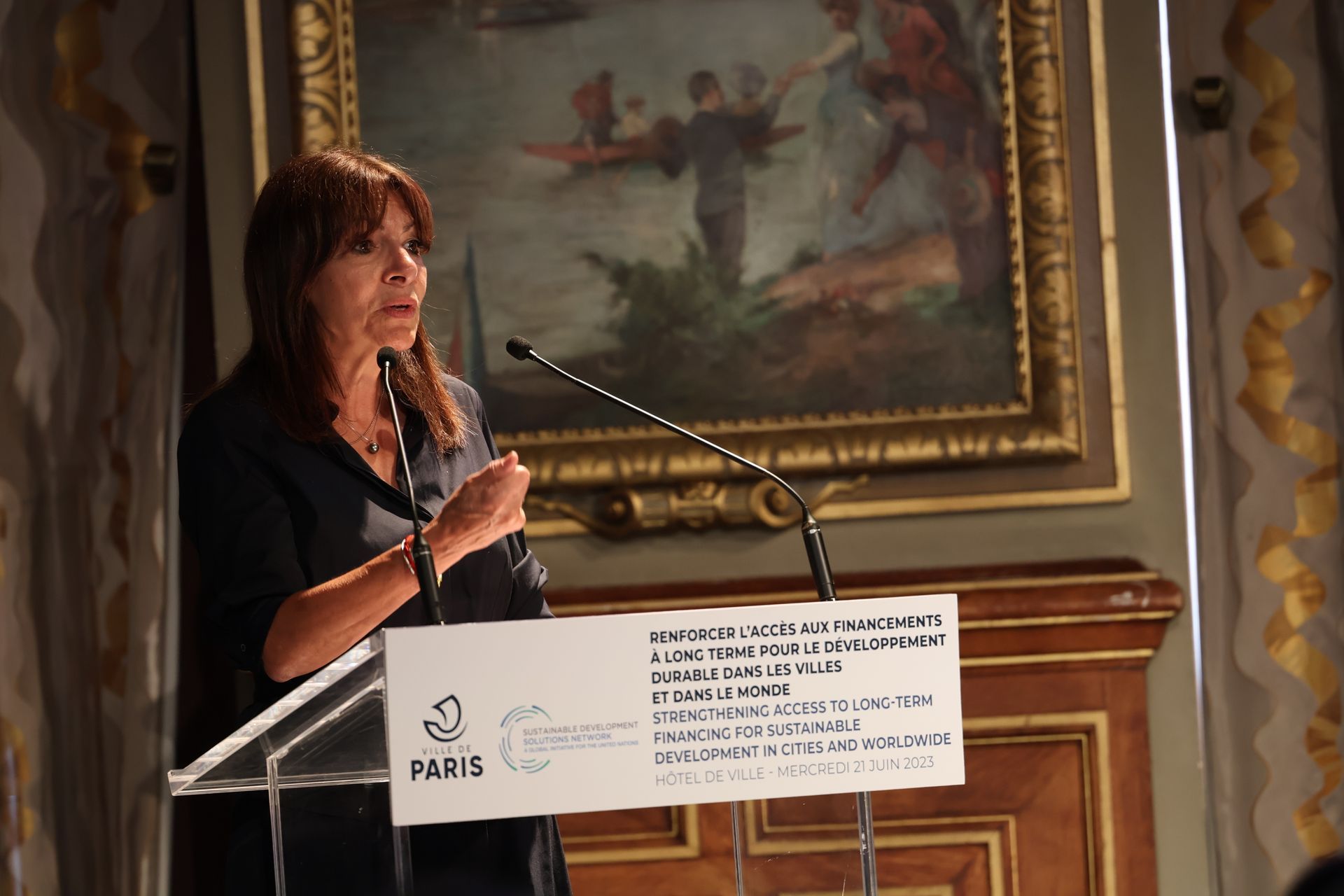
TEAM
Co-ChairUniversity of Pennsylvania, USA
Co-ChairIndian Institute for Human Settlements (IIHS), India
Co-ChairNASA Goddard, USA
RESOURCES
List of Services
-
Getting Started with the SDGs in CitiesDownload List Item 1
Getting Started with the SDGs in Cities outlines how cities can get started with implementing the Sustainable Development Goals (SDGs) in cities and human settlements. Effective and decisive action on sustainable development at the local level, within all cities and human settlements, is crucial to the success of Agenda 2030.
-
A Pathway to Sustainable American Cities: A Guide to Implementing the SDGsDownload List Item 2
SDSN has proudly been a partner to the cities at the forefront of this movement through the USA Sustainable Cities Initiative, partnering with key stakeholders in cities such as Baltimore, San Jose, New York and Los Angeles. The ranks of cities who have understood the benefits of the SDG framework have continued to grow.
-
Sustainable Cities: Inclusive, Resilient, and Connected Informational BrochureDownload List Item 3
A short informational note on the work of this group.
RESEARCH & POLICY WORK
Sign Up for SDSN Updates
Get our latest insights, opportunities to engage with our networks, and more.
SDSN mobilizes global scientific and technological expertise to promote practical solutions for sustainable development, including the implementation of the Sustainable Development Goals (SDGs) and the Paris Climate Agreement.
Paris
19 rue Bergère
75009 Paris
France
+33 (0) 1 84 86 06 60
New York
475 Riverside Drive
Suite 530
New York NY 10115 USA
+1 (212) 870-3920
Kuala Lumpur
Sunway University
Sunway City Kuala Lumpur
5 Jalan Universiti
Selangor 47500
Malaysia
+60 (3) 7491-8622

